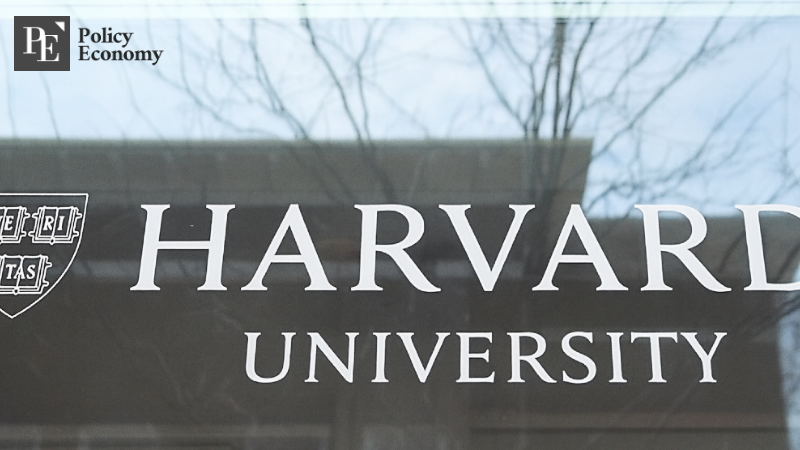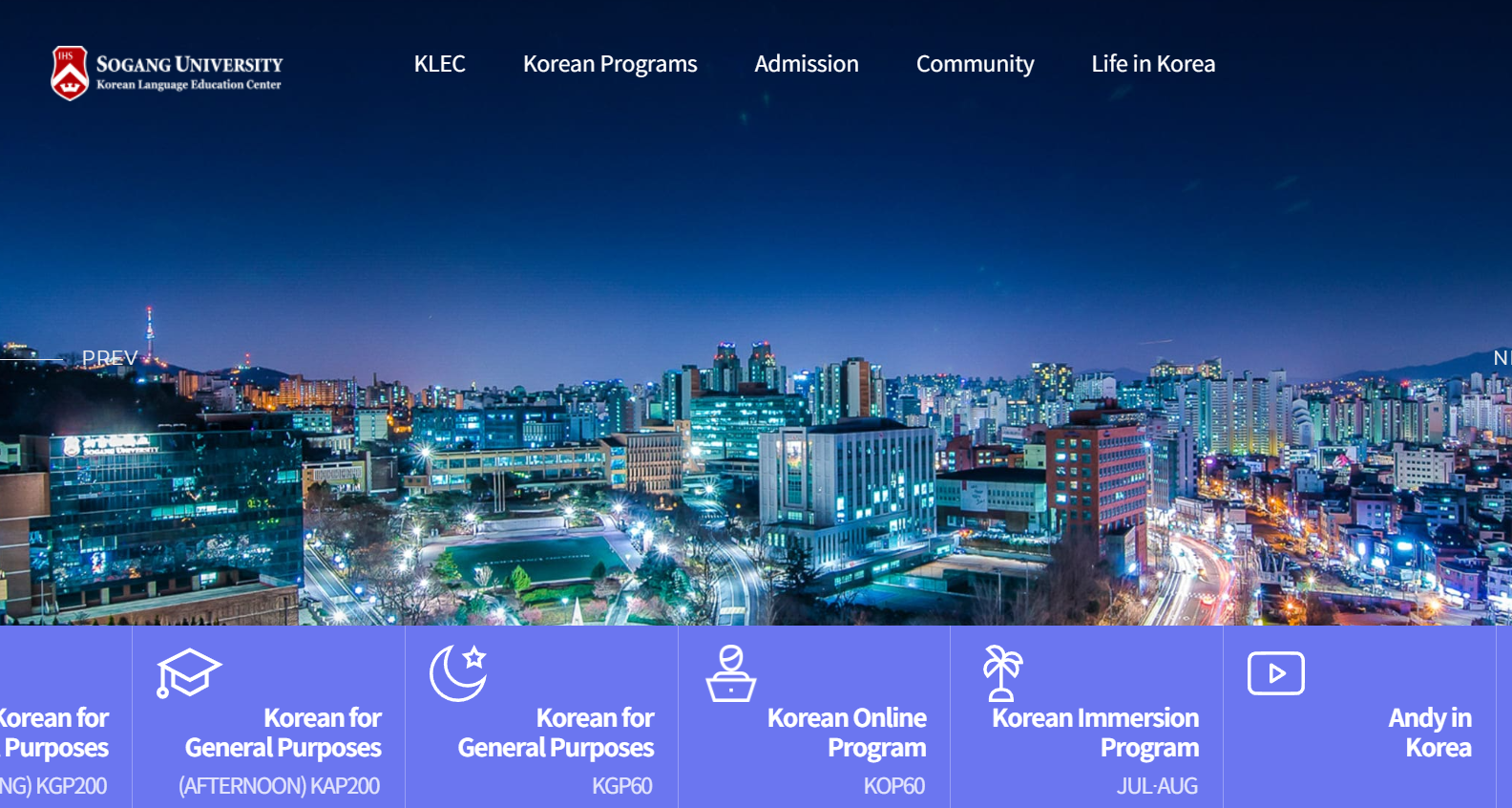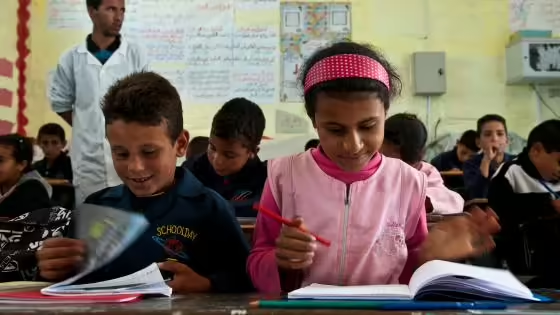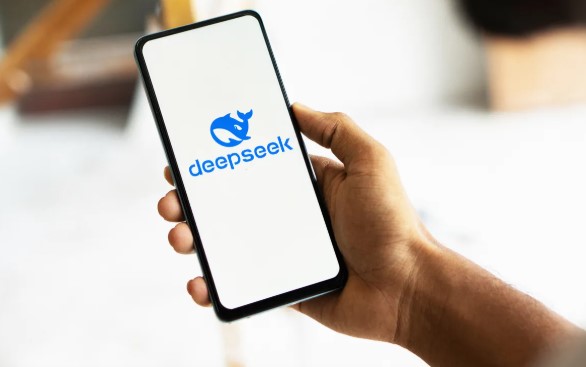
Administration froze federal support citing failure to curb antisemitism Court rules “violation of free speech, unlawful cancellation of research funding” Harvard gains leverage in future negotiations with government A U.S.
Read More
K-Pop and K-Dramas have created an explosion in interest for learning Korean, but retention rates remain low Many K-Culture fans enroll in programs but struggle with the difficulty of Korean grammar and drop out early Private language schools are adapting by incorporating K-Pop and entertainment themes, while traditional universities lag behind The rise of K-Pop, K-Dramas, and Korean entertainment has created an unprecedented global demand for Korean language education.
Read More
Prestige does not always guarantee the best language education—teaching methods and student experience matter more Sogang University dominates due to its conversation-based approach, while SNU’s rigid academic style is less appealing to casual learners Private language schools provide flexibility that universities lack, attracting short-term learners and professionals The global interest in learning Korean has surged in recent years, driven by factors like K-Pop, K-Dramas, and Korea’s expanding cultural influence.
Read More
The Growing Threat of AI-Driven Cyber Attacks Advancing Cybersecurity: Research, Workforce Development, and Standardization The Future of Cybersecurity: Collaboration and Adaptation in a Changing Landscape An il
Read More
The Polycrisis Effect: How Overlapping Global Crises Are Shaping Education Widening Gaps: The Digital Divide, Gender Disparities, and Mental Health Struggles Building Resilient Education Systems: Strategies for a Crisis-Proof Future
Read More
Political and ideological interference in academia The Chilling Effect on Research and Financial Constraints Global Academic Protections and Emerging Threats Source:
Read More
The Rise of AI in Universities: Trends and Student Adoption Challenges of AI: Digital Inequality, Ethics, and Institutional Responses The Path Forward: How Universities Must Adapt to AI Integration The Rise of AI in Universities: Trends and Student Adoption The pervasive adoption of AI in higher education is transforming student learning, with 92% of students currently utilizing AI tools. However, challenges persist in the areas of academic integrity, ethical use, and accessibility disparities.
Read More
Strategies for Sustainability: The Future of Australian Universities International Student Trends: A Change in Global Preferences Funding Reforms: Opportunities and Obstacles <
Read More
How Lifelong Learning is Facilitated by Online Education Benefits of Online Education and The Function of Universities and Employers in the Promotion of Lifelong Learning Source:
Read More
Choosing the Right Legal Path: JD vs.
Read More
The LL.M. Program and Navigating the U.S. Bar Admission Process as a Foreign Lawyer Bar Exam Preparation for LL.M. Students The Future of Foreign-Trained Lawyers in the U.S.
Read More
Enhancing Accessibility Through Local Learning Centers, Successful Implementation of Micro-Campuses, Trends Driving the Expansion of Micro-Campuses
Read More
Universities are experiencing a precipitous decline in public confidence on a global scale. Institutions of higher education, which were once regarded as centers of innovation, knowledge, and societal progress, are currently being scrutinized by the general public, media outlets, and political leaders.
Read More
Academic publishing is currently at a critical juncture. The imminent transformation of scholarly communications is indicated by the expiration of significant Transformative Agreements (TAs) by the end of 2025, the withdrawal of numerous UK universities from Elsevier's Read-and-Publish agreements, and the increasing criticism of the conventional subscription-based model.
Read More
Collaboration in research has always been a key component of scientific advancement, encouraging creativity and cross-border knowledge sharing. However, because of economic competition, national security issues, and geopolitical tensions, research collaborations with China have grown more complicated in recent years. Countries across the world, but especially the US and Europe, are reevaluating their research partnerships with China, balancing the advantages of scientific collaboration against the hazards.
Read More
Sociologist George Ritzer created the word "McDonaldization" to describe how concepts from fast-food chains—efficiency, calculability, predictability, and control, or ECPC—have permeated many aspects of society. Teaching, learning, and administration are undergoing a fundamental revolution as a result of these concepts being increasingly embedded in higher education in the age of artificial intelligence (AI).
Read More
Many countries have implemented policies to attract international students for their financial and intellectual contributions, as international education has become a propelling force in global mobility and economic strategy. This has resulted in the emergence of exploitative recruitment agencies and fraudulent institutions that exploit the demand for overseas education, despite the fact that it presents valuable opportunities for both students and host nations.
Read More
A significant change in how Chinese colleges view their own capabilities has been sparked by DeepSeek's rise to prominence as a global AI powerhouse. Chinese colleges are now proving that they can generate top-tier innovators who compete at the highest levels—without having to leave the country—instead of being perceived as needing to send their brightest minds abroad for further education and research possibilities.
Read More
The UK's higher education sector, notably its STEM (Science, Technology, Engineering, and Mathematics) departments, confronts significant worries due to recent adjustments in immigration regulations. Despite warnings from academic and governmental agencies, the UK government has proven reticent to change these rules, even though there is a clear acknowledgment of their potential harmful impact on STEM provision.
Read More
Canada's higher education institutions are facing significant challenges as the international student market, a critical revenue stream for many universities, suffers a series of setbacks. The financial fallout and no-show epidemic hits Canadian universities as many international students are considering other options such as the UK and US. Canada has lost its global appeal to many international students as they are searching for better prospects elsewhere.
Read More











